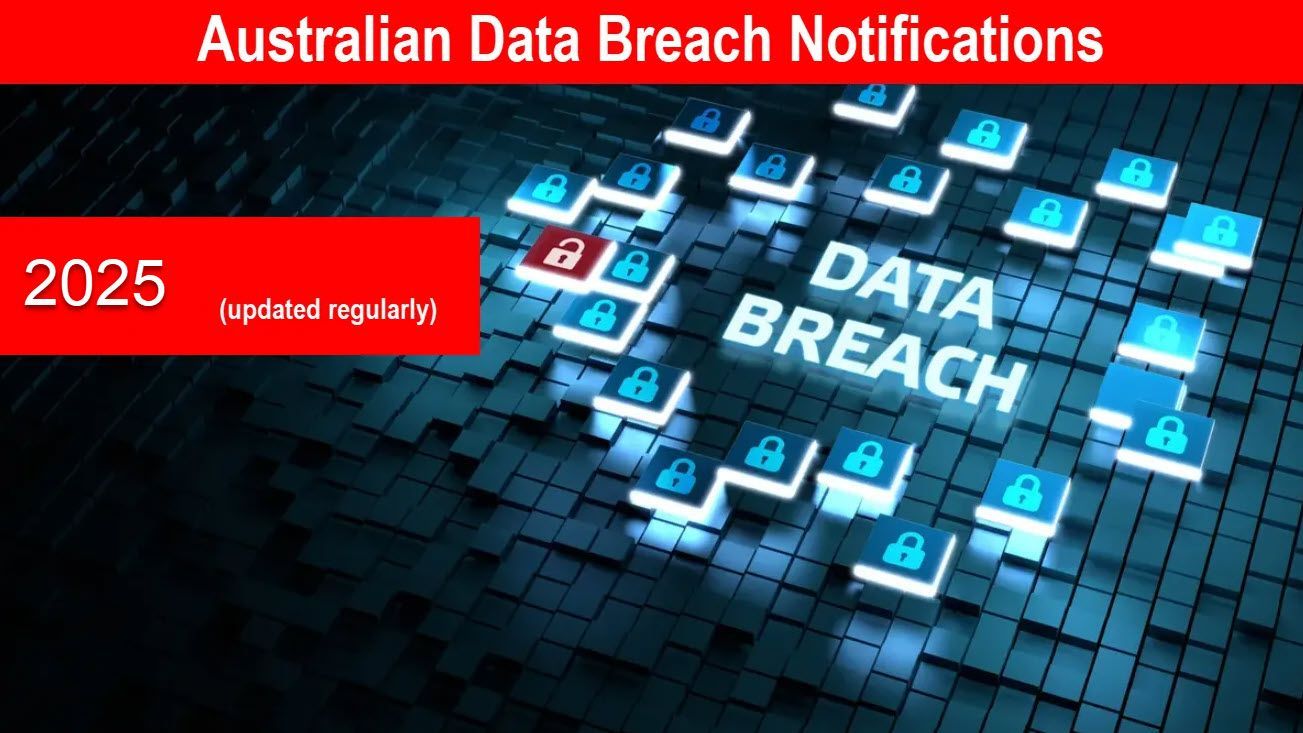Data Privacy in the Digital Age - Your Data, Your Rights

As we continue to move further into the digital age, there has been an increasing debate regarding the concerns about data privacy.
Over the past few decades, the digital footprint of the world’s population has increased exponentially. As a result, an ever-increasing volume of our data is being collected every second.
While losing digital privacy may seem like a necessary evil to some people, 70% of Australians do not feel in control of their data as companies hide behind meaningless privacy terms and 38% of U.S. consumers feel anxious about companies tracking their data. Therefore, it is imperative to highlight the concept of data privacy in the digital age.
This article aims to explore the significance, associated challenges, potential solutions, and prospective developments concerning our digital privacy.
Why Is Data Important in the Digital Age?
Digital data is needed in various sectors of the modern age. It is the fundamental asset of our digital landscape and is used as a guide in making everyday decisions.
Businesses use your data to create in-demand products, offer in-need services, and personalize user experience.
Data collection is the reason you see personalized ads. It is the reason you find relatable social media content. And it is the reason you are constantly given tailored product recommendations.
This economic and societal value is derived from responsible data usage.
How Is Data Collected, Analyzed, and Used by Companies?
Digital platforms gather data in numerous ways:
- User input
- Cookies
- Device info
- Location data
- Social media integration
- Behavioural tracking
Companies use this data to:
- Personalize content
- Improve suggestions
- Show targeted ads
Data helps businesses:
- Make better choices
- Come up with new ideas
- Give customers a better experience
- Make money through ads and sales
In fields like healthcare, education, business, and government, data is used to:
- Create treatments
- Customize learning
- Decide things wisely
- Improve public services
Let’s look at some ethical concerns.
Ethical Issues and Privacy Concerns While Collecting Data
Ethical and privacy concerns in data collection extend to targeted advertising and manipulation, especially in the context of big data analytics and artificial intelligence.
The ability to collect vast amounts of personal data allows for targeted ad strategies that can influence consumer behaviour and preferences. This raises issues of consent, transparency, and the possibility of exploitation.
As data collection techniques advance, the risk of manipulation through tailored marketing campaigns increases, emphasizing the importance of rigorous ethical oversight and transparent practices in data-driven advertising.
The Challenges of Data Privacy
A rapid development in information and surveillance technology has raised serious concerns about personal privacy and human rights.
People feel like there is a lack of control over data collection and its usage.
Although data is an integral part of today’s digital economy, there are a lot of security concerns related to it as well. There have been instances where data breaches have led companies to provide millions of dollars in settlements as compensation. Examples are Australia and the United States of America
When data ends up in the wrong hands, it can lead to serious problems. This includes identity theft, monetary loss, damage to reputation, legal trouble, cyberattacks, loss of intellectual property, and social engineering scams.
Protecting data is crucial to avoid these risks and maintain privacy and security.
The Right to Privacy in the Digital Age
Respecting privacy affects the dignity and freedom of individuals.
“Privacy is something—if you think of it in the context of living things—the living things in our society that
have the least amount of privacy are lower down the societal rung.”
Nicholas Martino – TEDx Talks
For the past decade, the right to privacy has been a topic of discussion in international human rights forums. Multiple UN resolutions and a special mission established in March 2015 have stressed privacy rights, highlighting their growing importance in the digital age.
In August 2022, the Human Rights Council received a report on intrusive hacking tools, the critical role of data encryption, and the pervasive monitoring of public spaces. It emphasized the critical need to protect data and privacy as fundamental human rights.
Therefore, the right to privacy is regarded as a basic human right.
How Do You Maintain Privacy in the Digital Age?
There are ways individuals can maintain privacy in today’s digital age:
- Use Strong Passwords and 2FA: Strong passwords and two-factor authentication (2FA) can help you protect your online accounts from hackers.
- Be Cautious and Use Privacy Settings: While using social media, be cautious about sharing your personal information with people. See what you have made public by looking at your privacy settings and hide your profile information accordingly.
- Do Not Visit Harmful Websites: Harmful websites host malicious content or engage in negative activities such as distributing malware, phishing scams, ransomware, or engaging in other forms of cybercriminal behaviour. It’s essential to look at potential red flags, such as suspicious URLs, unexpected pop-ups, or requests for sensitive information.
- Stay Aware of Digital Privacy Matters: Regularly review privacy settings on devices and online accounts and stay informed about data protection laws and cybersecurity best practices through reputable sources.
That said, let’s look at the future landscape of our digital privacy.
The Future of Data Privacy
Although the rise of AI and facial recognition technology brings many opportunities to the digital world, it also challenges data privacy.
As these innovations allow for more advanced data analytics, they raise concerns about surveillance and data misuse. Finding the right balance between innovation and privacy protection requires proactive measures like strong encryption standards and transparent privacy policies.
It is critical to prioritize user privacy in the development of modern technologies. Tech companies should consider user privacy and incorporate privacy-by-design (PbD) principles into their products.
Individuals must also know their privacy rights and promote responsible technological development. By engaging in constructive dialogue and supporting privacy-conscious practices, we can help shape a more privacy-conscious future.
Conclusion
Data privacy is a leading concern in our digital age.
It impacts individuals, businesses, and societies all over the world.
As technology evolves, the need for robust security measures becomes paramount in order to protect user privacy. Moreover, in addition to adopting strong security practices, upholding the right to privacy and fostering a culture of privacy awareness are also essential.
By embracing these principles, we can navigate the ever-changing landscape of digital privacy with diligence and foresight.













